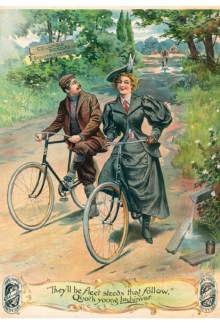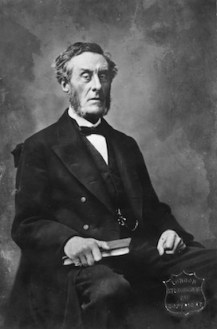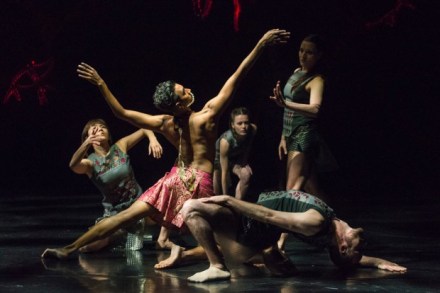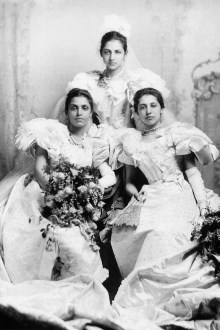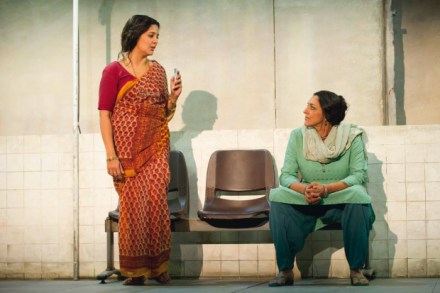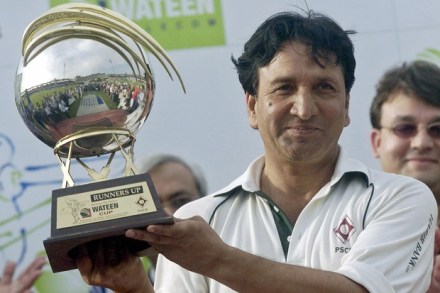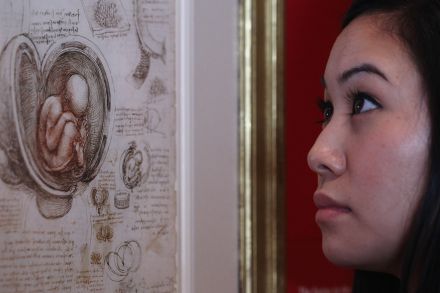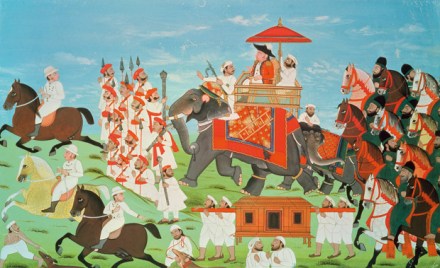Two wheels good
Bicycles — in Britain, anyway — are the Marmite means of transport. I am among the bicycle-lovers, almost religious and certainly addicted in my need to have a daily bike ride. But I can see why people — and drivers in particular — hate some of us: for our smugness, our need to keep on moving through red lights and along pavements. It isn’t like this in Holland, where bicycling is so embedded in daily life that most drivers are bicyclists and vice versa; where mutual understanding leads to mutual respect. Why do bicycles have this effect? Of intense affection among some, hatred among others; of mass use in some
